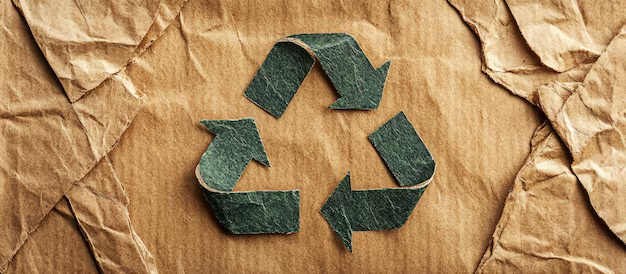Going Green…To Save Green

One of the few provisions in the OBBBA aimed at increasing taxes on individuals is the rollback of several clean energy tax credits originally introduced under the Inflation Reduction Act in 2022. These credits were originally scheduled to sunset between 2032 and 2035. To the extent that you have plans to buy an electric vehicle or undertake home energy improvements, it will be important to make sure the purchases or work are complete by the new deadlines to remain eligible for the credits.
New Clean Vehicle Credit (September 30, 2025)
The New Clean Vehicle Credit provides for a credit of up to $7500 on new plug-in electric vehicles or fuel cell vehicles. Vehicles must meet certain requirements, including undergoing final assembly in North America, to qualify for this credit. A taxpayer’s income must be under certain thresholds to qualify for this credit. The new law terminates this credit for vehicles acquired after September 30, 2025.
Important Note
Beginning in 2024, at the time of sale, the dealer should give you a paper copy of a time-of-sale report when you complete your purchase that gives you information about your vehicle’s qualifications. The dealers must also register online and report the same information to the IRS. If they don’t, your vehicle won’t be eligible for the credit.
Previously Owned Vehicle Credit (September 30, 2025)
The Previously Owned Vehicle Credit provides for a credit of 30% of the sales price of used electric vehicles or fuel cell vehicles from a licensed dealer up to $4000. The new law terminates this credit for vehicles acquired after September 30, 2025.
Important Note
Beginning in 2024, at the time of sale, the dealer should give you a paper copy of a time-of-sale report when you complete your purchase that gives you information about your vehicle’s qualifications. The dealers must also register online and report the same information to the IRS. If they don’t, your vehicle won’t be eligible for the credit.
Residential Clean Energy Credit (December 31, 2025)
The Residential Clean Energy Credit provides a credit of up to 30% of the cost of purchasing or installing new, qualified clean energy property for your home, such as solar electric panels, solar water heaters, wind turbines, geothermal heat pumps, fuel cells and battery storage technology. The credit for fuel-cell equipment is limited to $500 for each one-half kilowatt of capacity. The new law will terminate this credit for expenditures made after December 31, 2025, regardless of when the property is placed in service.
Energy Efficient Home Improvement Credit (December 31, 2025)
The Energy Efficient Home Improvement credit provides a credit of up to $3200 on qualified energy-efficient improvements. The credit equals 30% of such certain qualified expenses, including energy-efficient windows, doors, insulation, heating and cooling equipment, as well as home energy audits. Please note that these items must meet very specific energy-efficient standards to qualify for this credit. The maximum credit is limited each year for the type of energy-efficient improvement (e.g., $250 per door and $600 for exterior windows). The new law will terminate this credit for property placed in service after December 31, 2025.
Important Note
Beginning in 2025, for each item of qualifying property placed in service, no credit will be allowed unless the item was produced by a Qualified Manufacturer (QM) and the taxpayer reports the 17-character Qualified Product Identification Number (PIN) or QM Code for that item on their tax return. QMs can choose how to label products with PINs (e.g., label on the product, etching, or inclusion in packaging). If you cannot find the PIN or QM Code, you will need to contact the QM before the item can be reported on your tax return.
Alternative Fuel Refueling Property Credit (June 30, 2026)
The Alternative Fuel Refueling Property Credit provides a credit of 30% (up to $1000) for the costs to install electric vehicle charging equipment at a taxpayer’s personal residence. To qualify, the refueling or recharging property must be installed in a low-income community census tract or non-urban census tract. The new law will terminate this credit for property placed in service after June 30, 2026.
